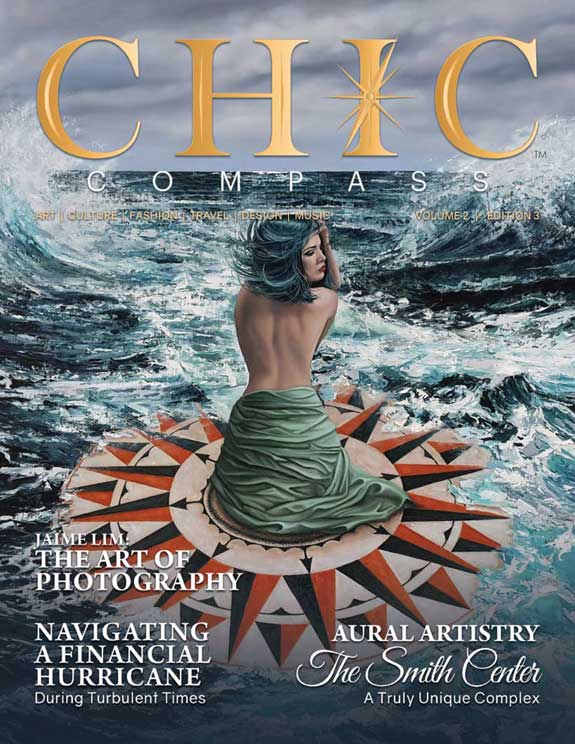
This article was printed in
Chic Compass Magazine – Issue 6
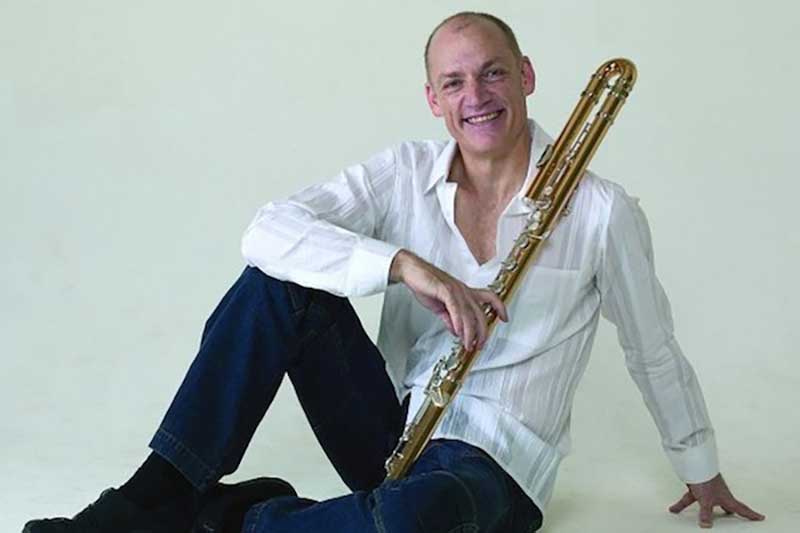
Wouter Kellerman
FAITH AND THE FLAUTIST
BY JOAN S. PECK
Once you listen to Wouter Kellerman play his flute, it will take you more than a few minutes to come back to earth. His playing is magical. When I first listened to Wouter play some of his pieces, his notes were light, airy, and full of fun. His music made me smile because the figure that came to my mind was Puck in William Shakespeare’s play A Midsummer Night’s Dream—that clever, mischievous fairy. Yet, the beauty of his playing in Return to Nature from Ricky Kej’s album Shanti Samsara brought tears to my eyes because it was such an awe-inspiring experience. Making music with his breath, Wouter brings life to the sounds of the flute that often get overlooked.
Wouter Kellerman is an award-winning musician from South Africa. His debut album Colour, released in 2007, went straight to the top of South Africa’s classical music charts, and was nominated for a 2008 South African Music Award for Best Instrumental Album.
As well as performing on the album, Kellerman co-wrote the music, and co-produced and arranged it, working with legendary South African guitarist, songwriter, arranger and producer Mauritz Lotz. “I was involved in every part of it,” he says, “from the technical – I researched and decided which equipment would be best to record the flute – to the creative, writing most of the music with my friends and colleagues, and being involved in the arranging, mixing, and mastering processes.”
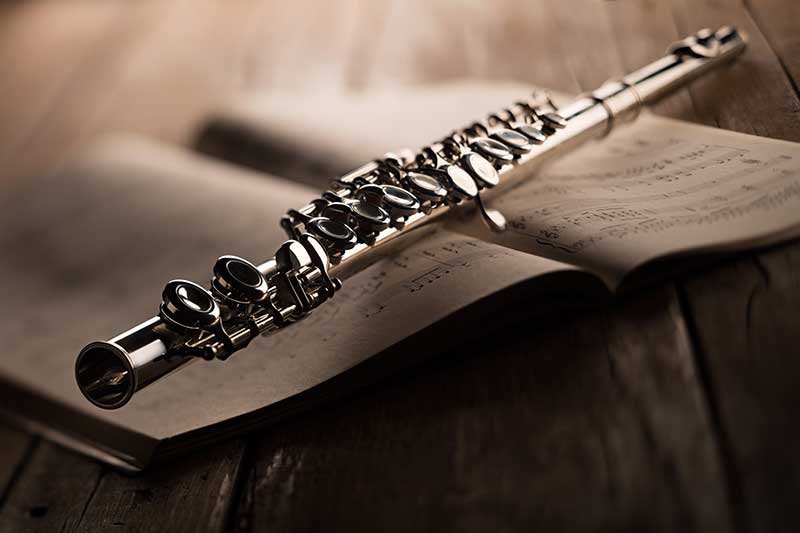
Were you surprised at your instant success with your debut CD album, Colour? Did you believe you’d be so successful?
WK: “I spent many years making Colour. There is always less pressure and more time for one’s first album, so I went all out to do the absolute best I could. As a musician you’re always unsure whether the work you put in at home will reach the people, so I was very happy that the music found an audience.”
What made you decide to play the flute?
WK: “When I was 10, my parents took me to a symphony concert and asked me which instrument I would like to play. I liked the idea of using my breath to make music. I noticed that most wind instruments pointed to the front, while the flute pointed to the side, so I assumed the flute must be a special instrument.”
His parents bought him a flute, but when he got it, his music teacher was sick. “I couldn’t have my first lesson,” he says. “My parents didn’t know how to put the flute together and were worried I would break it, so I wasn’t allowed to touch it. So I just opened the case and looked at it every day. I couldn’t wait to get started!”
What was it like when you began playing the flute?
WK: Performing live was not easy in the beginning. “I remember when I auditioned for a junior orchestra the first time. I was very nervous and played really badly. The flute is very tricky to play when you’re nervous – you need a steady breath and steady hands.”
His solution? To perform frequently. In time he became the principal flautist for the South African Youth Orchestra.
After school he wanted to study music full time, but couldn’t afford it, so he studied electrical engineering, because he could get a bursary for that. After he qualified, he returned to music.
Did you go on to study music full-time?
WK: “I combined engineering and music by working half day on each. I started my own engineering company, which allowed me the flexible time that I needed to play the flute.”
For many years he went to Europe and the United States during the summer for master classes with some of the world’s best teachers.
As a classical musician, in 1981 Kellerman appeared as a soloist with the Johannesburg Symphony Orchestra. He went on to feature in several South African orchestras, winning awards along the way. Among these was winning the Perrenoud Foundation Prize during the 1997 Vienna International Music Competition.
Who were your greatest influencers?
WK: “Most of my teachers were really good to me,” Kellerman says. “I listened to James Galway’s records a lot and tried to imitate his playing – he was a huge influence on me.”
“I have participated in many master classes by the English flautist William Bennett, and he has been another big influence.”
You have worked with many artists around the world. Who are some of your favorites?
WK: “It’s really hard to say; I love collaborating, and each collaboration brings its own magic.”
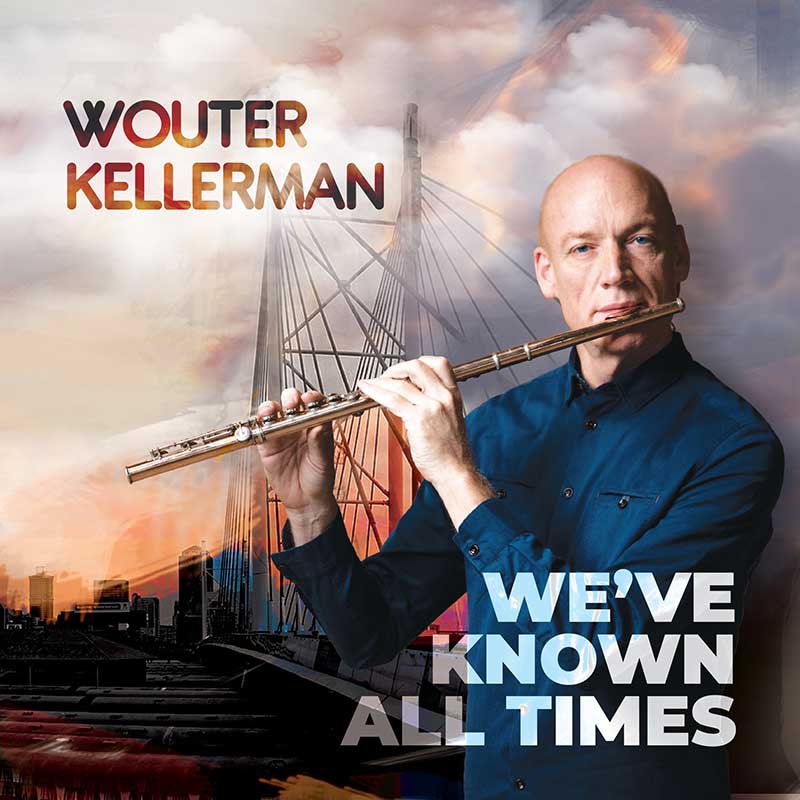
What did you feel when you won the Grammy for your collaborative CD album Winds of Samsara with Ricky Kej in 2014?
WK: “The Grammy is the biggest award in music, and it seemed an impossible dream to get a nomination, especially being a South African, hardly the center of the music-making universe! So I was overwhelmed when we got the nomination—it was a dream come true—and to win was the amazing cherry on top!”
What was your favorite concert to perform in?
WK: “I loved being part of South Africa’s big moment during the closing ceremony of the 2010 FIFA Soccer World Cup, which was broadcast to 700 million people across the world!”
What advice do you have for up and coming musicians, especially those in South Africa?
WK: I think musicians these days have to treat their music like a business, and take care of all aspects—the creative part, the marketing and promotion, social media, arranging live performances, etc. Unfortunately, it’s a luxury that very few can afford to focus only on their music. But the music still comes first, and given that, there are so many releases every day, I think it’s really important to be absolutely obsessive about the quality of your music as well as the production quality of your releases. Hard work gets you everywhere.”
I was excited to discover that as part of his mission to work with and uplift children, Kellerman collaborated with the Ndlovu Youth Choir (a rural choir based in Moutse in the Limpopo province of South Africa) in 2018. Their African version of Ed Sheeran’s Shape of You was an internet sensation, going viral with tens of millions of views on social media, and winning awards like the Hollywood Music in Media Award for ‘Best Independent Music Video’ pushing the Ndlovu Youth Choir firmly into the international limelight. That resulted in America’s Got Talent scouting the choir to enter the 2019 competition. Ndlovu went ahead and delivered a sensational first few rounds, going all the way through to the finals of the competition, showcasing South African music and spirit in the process.
How is the virus affecting your country and you?
WK: “These times have been devastating for musicians. Over the last few years, we have already had to switch our focus from earning an income through sales to concentrating on live performances, and now those performances have all been cancelled. And I think these difficulties have very much been felt by the greater community. Many people are suffering, especially in countries where there is not a strong social safety net. While it has been really difficult, it has also been an opportunity to be creative. Personally, I have tried to be positive and make the most of things, focusing on the important things in life like family, community, and health.”
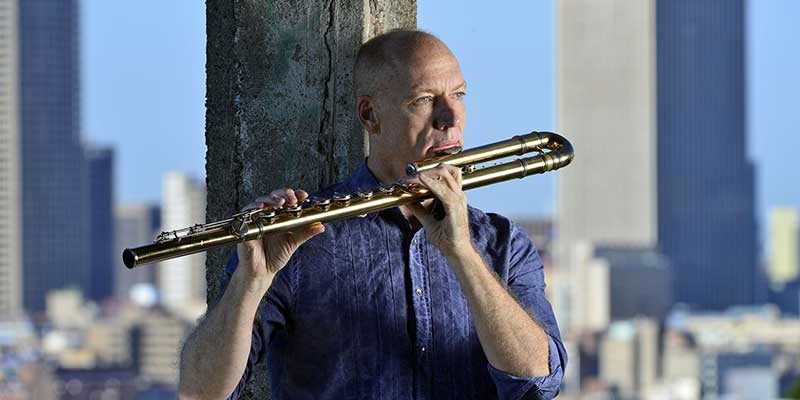
What current projects are you working on?
WK: “Lockdown was the catalyst that allowed this to happen—I finally finished an album that was years in the making called We’ve Known All Times. For me, these times have been a moment to bring to life a concept and music that I have been wanting to do for a long time—going back to my more classical roots—while keeping the world music influences that I have experienced over my lifetime. In essence, it’s a snapshot of my experiences, a kind of nostalgic look into the past, but also an exciting look forward, thinking about the music that still is to come. Most of the songs have been composed or co-composed by myself. More so than any previous album, this is very much a personal story, an emotive snapshot of the world and the times we’ve lived through.”
What do you consider to be your greatest accomplishment to date?
WK: “I think the Grammy win probably scoops everything else :)”
What dreams do you have? What would you like to accomplish next?
WK: “I just want to make beautiful music. That is what gets me out of bed every morning. I would like to carry on and create music that will give people pleasure and send good energy into the world.”
Kellerman doesn’t consider himself to be famous. “Being famous is not important to me,” he says. “For me it’s just about playing beautiful music and connecting to people through the music.”
What can I say? That’s the kind of guy he is. Aren’t we lucky? His stunning musical ability and sound serves to remind us to keep the faith in the everlasting beauty of musical creation. Music is the language of the Gods, after all.
